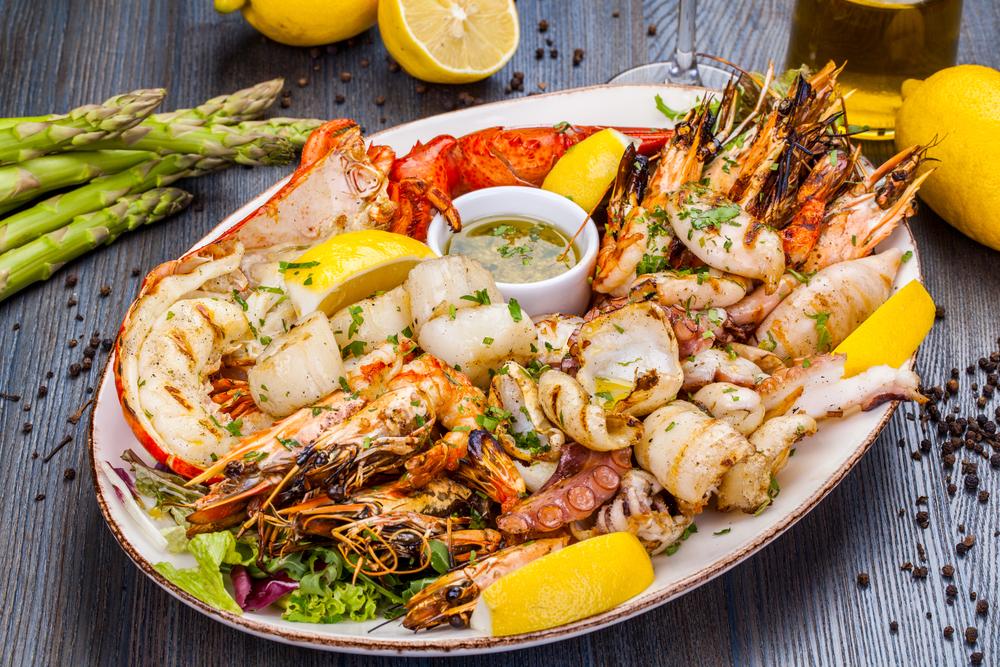
Have you been feeling exhausted lately? Do you find yourself barely making it up the stairs, puffing and blowing despite being physically fit and eating well? If so, it is possible to conclude that you might be lacking in iron.
It might come as a surprise to learn that iron is an important nutrient that everybody needs. However, the lack of iron in your body could lead to unwanted health conditions.
Let’s look at why iron is so important to the body, what can happen if you’re not getting enough of it, and when you need to take an iron supplement. Before all else, let’s discover what iron is.
Iron is…
Iron, a major component of haemoglobin, is a type of protein in the red blood cells that carries oxygen from lungs to the entire body and can be found in every cell in the body. Having a shortage of iron in the blood can lead to a range of serious health conditions, one of it being Iron Deficiency Anaemia.
Iron deficiency affects people of all ages. However, toddlers, pregnant or menstruating women, and dialysis patients are the most vulnerable people.
That said, it is crucial to ensure your body has sufficient iron. So, how can you do so? Here are some key points you should know about iron and your body.
Be aware of these signs

It is possible for iron deficiency anaemia to go unnoticed at first, but as your body continues to lose iron and anaemia, the signs and symptoms become more noticeable.
The following are some of the most important indicators:
What causes Iron Deficiency Anaemia?

Despite the fact that iron is important and can easily be found in your daily foods and supplements, some people, like adolescent girls and women aged 19 to 50, may not get the daily dose they require. There are many reasons that a person might become deficient in iron.
These include blood loss from injuries, menstruation, internal bleeding, lack of iron in your diet, inability to absorb iron or pregnancy.
Recommended amounts of iron

When people struggle to get enough iron through dietary measures, such as a plant based diet, especially one who is a vegetarian, iron supplements can help. According to the Recommended Daily Allowance (RDA) in regards to the recommended amounts of iron intake varies from among individuals of different age group and sex. Below are some of the recommendations according to take note of.
- Infants and children
- 0 to 6 months: 0.27 mg
- 7 to 12 months: 11 mg
- 1 to 3 years: 7 mg
- 4 to 8 years: 10 mg
- 9 to 13 years: 8 mg
- Males
- 9 to 13 years: 8 mg
- 14 to 18 years: 11 mg
- 19 years and older: 8 mg
- Females
- 9 to 13 years: 8 mg
- 14 to 18 years: 15 mg
- 19 years and older: 18 mg
- 51 years and older: 8 mg
- During pregnancy: 27 mg
Choose iron-rich foods

It is necessary to consume adequate amounts of iron in your diet to preserve bodily functions. The best way to do so is by consuming iron-rich foods.
Iron deficiency anaemia can be prevented when you consume foods like:
- Red meat, pork and poultry.
- Liver and other organ meats.
- Seafood.
- Beans and lentils.
- Dark green leafy vegetables, such as spinach.
- Dried fruit, such as raisins and apricots.
- Iron-fortified cereals, breads and pastas.
- Peas.
In addition, many iron-rich foods contain a range of other beneficial nutrients such as Vitamin C that work together to support overall health.
Sources: WebMD, Healthline











